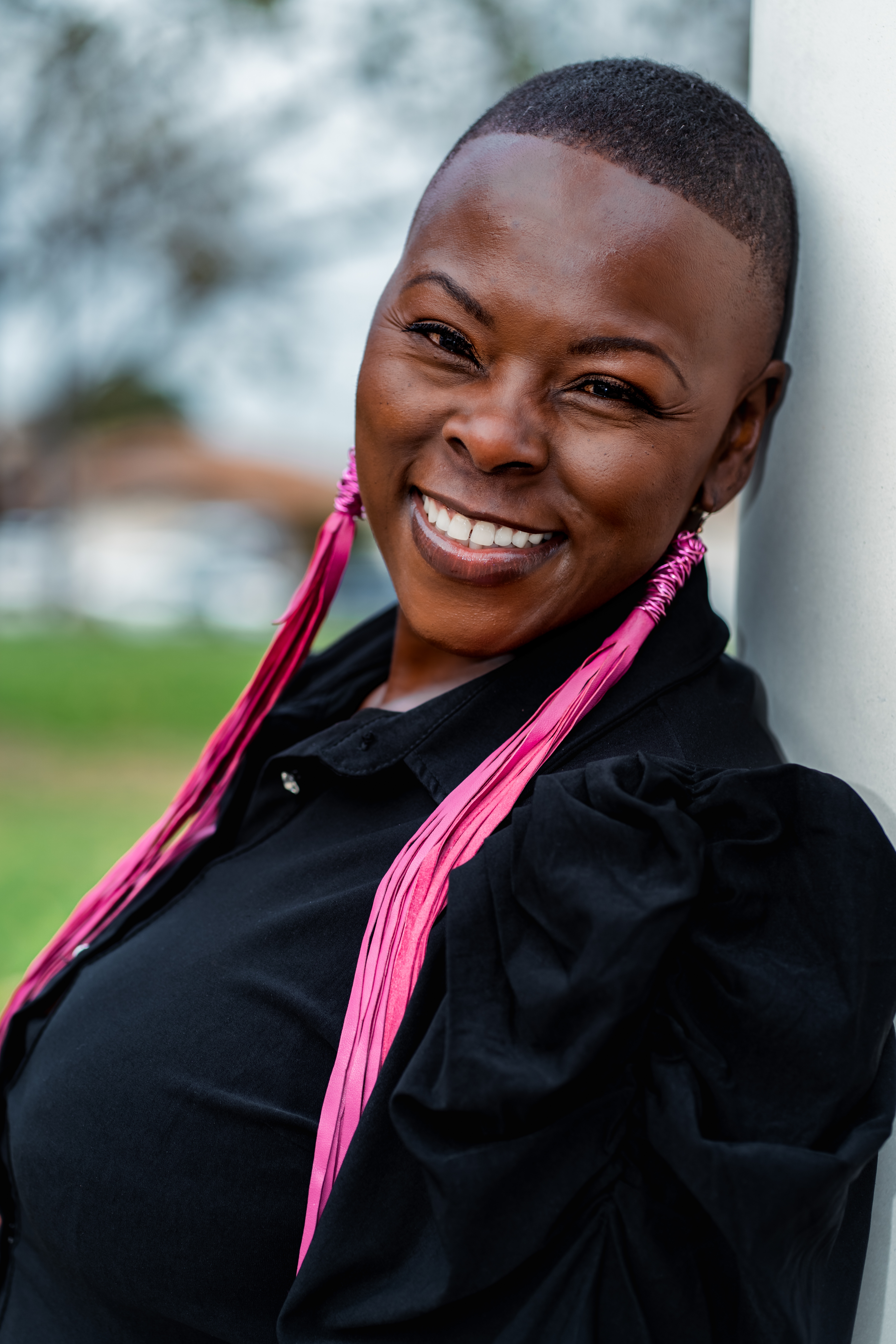By Kara James, Planned Parenthood Los Angeles Nurse Practitioner
January is National Cervical Cancer Awareness Month and a reminder to continue empowering my patients at Planned Parenthood Los Angeles with information about cervical cancer and its impact on their health.
Every 5 minutes, a woman is diagnosed with one of the five gynecological cancers – cervical, ovarian, uterine/endometrial, vaginal, or vulvar – totaling more than 109,000 Americans each year, according to the Foundation of Women’s Cancer. The common narrative around Black women and cervical cancer is that we are “disproportionately” affected by it. The truth is that cervical cancer is one of the most preventable. Still, because of health care disparities, systemic racism, and long-held inequities, it remains life-threatening for thousands of Black women every year.
Usually diagnosed at later stages due to a variety of factors – including lack of information, misinformation, and mistrust of a historically racist medical system — Black women are twice as likely to lose their lives to cervical cancer as non-Latino white women. Reproductive oppression and medical mistreatment in Black communities have also played a significant role in dissatisfaction with care, ineffective patient-provider communication, and mistrust in providers.
For many Black women, mistrust of the medical system has been passed down for generations, well into the 21st century. These lived experiences have resulted in a deep wariness of preventive medicine and health screenings, including Pap smears. When discussing Pap smears and vaccines as the path to preventing cervical cancer, I empathize with my patients’ fears. Not only do I educate them about the benefit of regular Pap smears, which can detect abnormal changes in the cervix, but I also explain that cervical cancer is caused by a sexually transmitted infection, human papillomavirus (HPV).
HPV is one of the most common sexually transmitted diseases. In fact, 80% of the population is exposed to this sexually transmitted infection, without symptoms, either in their throat, anus, or vagina. According to the Centers for Disease Control and Prevention, HPV is estimated to cause nearly 37,300 cases of cancer in men and women every year in the United States. HPV vaccinations could prevent 92.3 percent of these cancer-causing infections.
The HPV vaccine is recommended starting at age 11 or 12, before becoming sexually active, and can be given as a routine vaccination for people up to age 26 and, in some cases, up to 42 years old. Anyone with a cervix should get regularly scheduled Pap smears as recommended by a health care provider.
Through our work at Planned Parenthood Los Angeles’s Black Health Initiative, we provide patient-centered care in a non-judgmental environment. We believe in providing a safe space to come, talk and learn, in simple everyday terms, about cervical cancer, sexual health, and other issues that impact Black communities.
As a Black nurse practitioner who lives, works and educates in Black communities throughout Los Angeles, I hope my presence helps to decrease the anxiety and fear often associated with medical care and empowers Black patients to seek the information and care they need.
For more information on cervical cancer, HPV, and cancer screenings, or to locate a Planned Parenthood health center, visit plannedparenthood.org. The new year is the perfect time to focus on your health and schedule a checkup. With the HPV vaccine and routine checkups, we can protect our health and that of other Black women in our lives.
Kara James is a Nurse Practitioner with Planned Parenthood Los Angeles, providing trauma-informed direct clinical care to patients since 2015. As an evidenced-based clinician and activist, Kara’s work is framed through racial equity and anti-racism. She also played a vital role in creating the Black Health Initiative in 2020 to promote holistic well-being and health in Los Angeles’ Black communities.
 Westside Story Newspaper – Online The News of The Empire – Sharing the Quest for Excellence
Westside Story Newspaper – Online The News of The Empire – Sharing the Quest for Excellence





